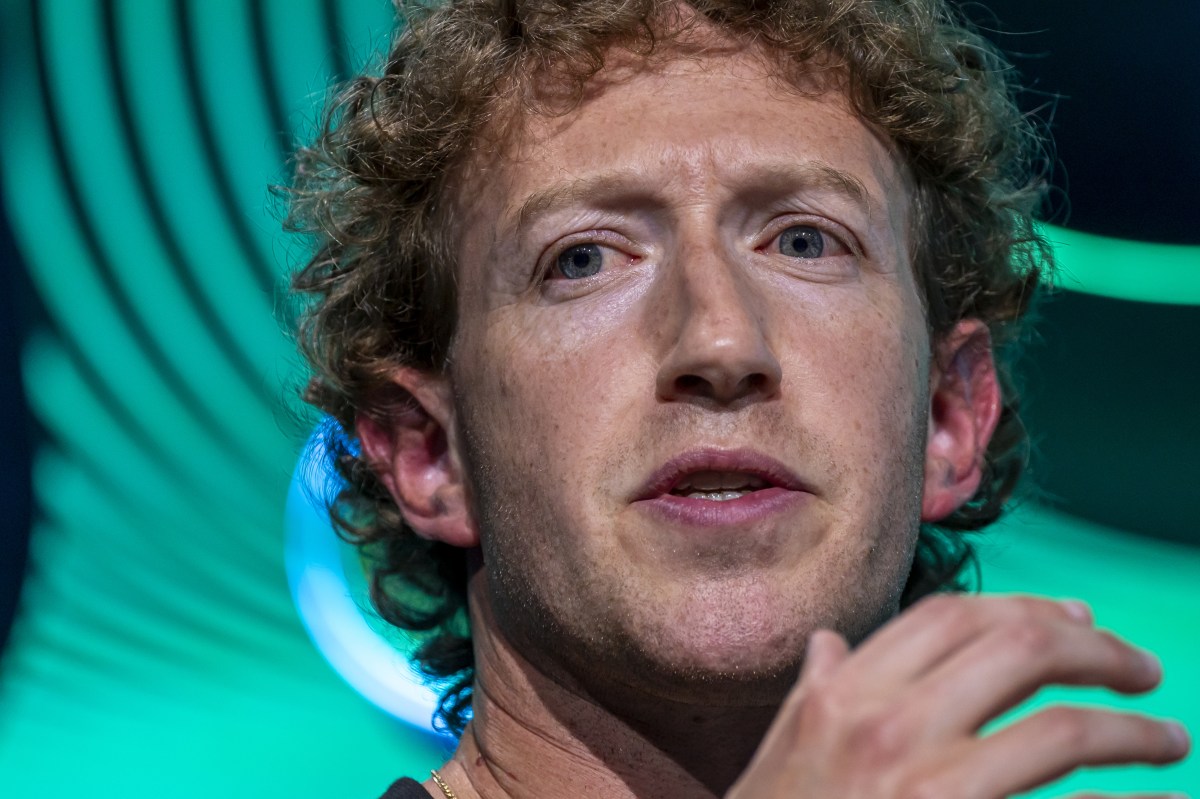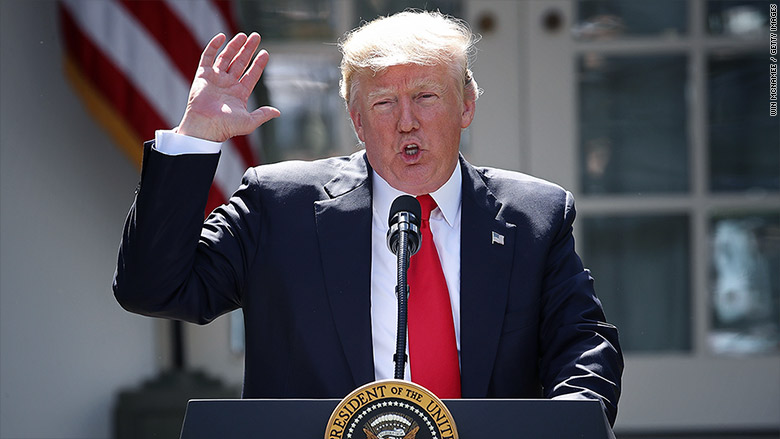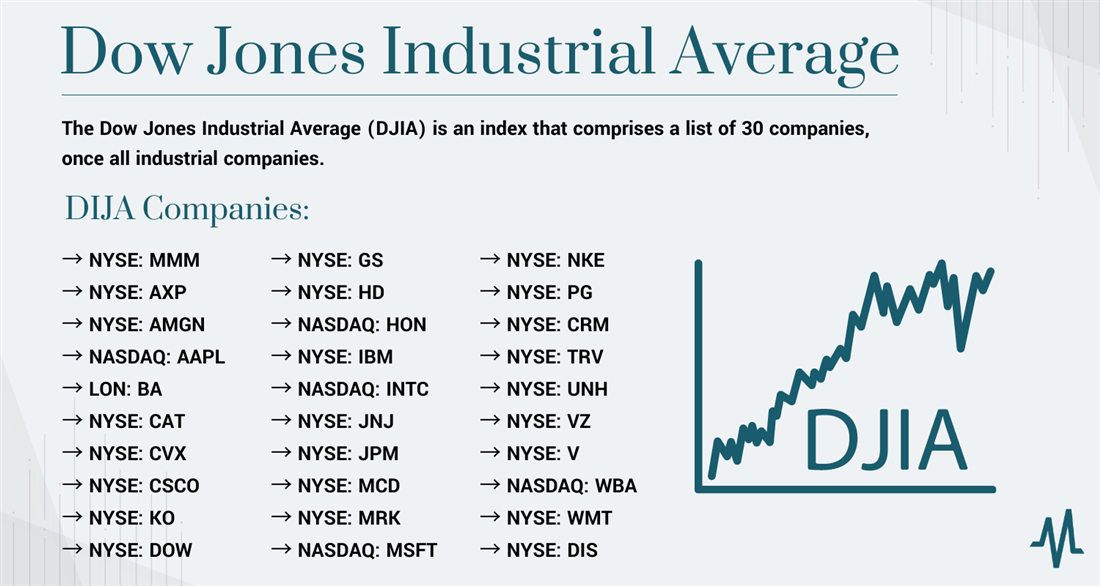The FTC And Meta: Examining The Legal Fight Over Instagram And WhatsApp

Table of Contents
The FTC's Antitrust Concerns Regarding Meta's Acquisition of Instagram and WhatsApp
The FTC's core argument centers on Meta's alleged anti-competitive practices in acquiring Instagram in 2012 and WhatsApp in 2014. The commission contends that these acquisitions stifled competition, harming consumers and hindering innovation within the social media sector. The FTC argues that Meta, already a dominant force in social networking, used its market power to eliminate potential competitors and consolidate its monopoly.
- Elimination of Potential Competitors: The FTC alleges that by acquiring Instagram and WhatsApp, Meta prevented these platforms from becoming serious rivals, thus reducing competitive pressure.
- Suppression of Innovation: The acquisition, according to the FTC, stifled innovation by removing independent players who might have developed alternative social media platforms with different features and approaches.
- Market Dominance Leading to Reduced Consumer Choice: The FTC argues that Meta's dominance reduces consumer choice and limits the availability of alternative social networking services.
- Data Exploitation and Privacy Concerns: The FTC's concerns extend beyond antitrust issues, linking the acquisitions to concerns about Meta's exploitation of user data and its impact on data privacy. This aspect intertwines antitrust issues with broader concerns about the power of tech giants.
The FTC's case draws parallels to other significant antitrust cases involving tech giants, leveraging precedents established in previous legal battles concerning monopolistic practices.
Meta's Defense Strategies and Arguments
Meta vehemently denies the FTC's allegations, employing a multi-pronged defense strategy. The company argues that its acquisitions were pro-competitive and ultimately benefited users.
- Arguments Regarding the Competitive Landscape and Market Dynamics: Meta contends that the social media market is dynamic and competitive, with numerous players vying for users' attention. They argue that the acquisitions did not significantly alter the competitive landscape.
- Claims about the Benefits of Integrating Services for Users: Meta emphasizes the integration of features and services across its platforms, arguing that this provides a seamless user experience and increased functionality for consumers.
- Rebuttal of Allegations of Anti-competitive Behavior: Meta refutes the FTC's claims of suppressing innovation and eliminating competition, presenting counter-arguments based on market share data and user growth patterns.
- Highlighting Investments and Innovations Post-Acquisition: Meta highlights significant investments and innovations made in Instagram and WhatsApp since the acquisitions, arguing these demonstrate a commitment to growth and improvement, not suppression.
Meta's official statements and legal filings consistently maintain that the acquisitions were beneficial for both users and the overall competitive environment.
Key Legal Arguments and Precedents
The FTC's case relies heavily on Section 7 of the Clayton Act, which prohibits mergers and acquisitions that may substantially lessen competition. Defining the "relevant market" – whether it's the broader social networking market or more narrowly defined segments – is a crucial aspect of the legal battle.
- Section 7 of the Clayton Act: This is the primary legal basis for the FTC's antitrust lawsuit.
- Definition of Relevant Markets: Determining the precise scope of the relevant market significantly influences the assessment of market power and competitive effects.
- Evidence of Anti-competitive Effects: The FTC must demonstrate that Meta's acquisitions have demonstrably lessened competition or are likely to do so in the future.
- Remedies Sought by the FTC (e.g., divestiture): The FTC may seek remedies such as forcing Meta to divest itself of Instagram or WhatsApp, or other structural changes to restore competition.
The case hinges on the interpretation of existing antitrust laws and precedents set in prior similar cases, making legal precedent a pivotal element of the ongoing arguments.
Impact on Social Media Regulation and Data Privacy
The FTC and Meta legal fight has far-reaching implications beyond the immediate parties involved. The outcome will significantly impact future social media regulation and data privacy laws.
- Increased Scrutiny of Future Social Media Mergers and Acquisitions: The case sets a precedent for future mergers and acquisitions in the tech sector, leading to stricter regulatory scrutiny.
- Changes to Data Privacy Policies and Practices: The case may influence changes to data privacy policies and practices across social media platforms, potentially resulting in greater consumer protection.
- Strengthening of Antitrust Enforcement Against Tech Giants: The outcome will impact the enforcement of antitrust laws against tech giants, potentially setting new standards for regulatory oversight.
- Influence on Future Legislation Concerning Social Media Platforms: The legal battle may influence future legislation concerning the regulation of social media platforms, aiming to address concerns about market dominance and consumer protection.
The Future of the FTC and Meta’s Legal Battle
The lawsuit is ongoing, and its ultimate resolution remains uncertain. Several potential outcomes exist, ranging from a settlement requiring significant concessions from Meta to a full-blown trial with potentially far-reaching consequences. Ongoing investigations and future legal steps will continue to shape the narrative. The long-term effects on the tech industry, particularly concerning mergers and acquisitions, will be substantial regardless of the specific outcome.
Conclusion: Understanding the Implications of the FTC and Meta Dispute
The FTC's antitrust lawsuit against Meta over its acquisition of Instagram and WhatsApp is a landmark case with significant implications for antitrust law, social media regulation, and data privacy. The FTC's concerns regarding anti-competitive practices, market dominance, and data exploitation are countered by Meta's arguments about pro-competitive benefits and user experience improvements. The legal battle's outcome will set precedents for future mergers and acquisitions in the tech sector and significantly shape the regulatory landscape for social media. Stay informed about the ongoing developments in the FTC and Meta legal fight by following relevant news and legal updates to understand the evolving landscape of social media regulation. You can find more information on the FTC website and through reputable news sources covering this important legal case.

Featured Posts
-
 Deconstructing Trumps Economic Claims A Look At The Statistics
Apr 23, 2025
Deconstructing Trumps Economic Claims A Look At The Statistics
Apr 23, 2025 -
 William Contreras Performance And Potential With The Brewers
Apr 23, 2025
William Contreras Performance And Potential With The Brewers
Apr 23, 2025 -
 Market Analysis Dow Futures Gold Prices And Current Economic Uncertainty
Apr 23, 2025
Market Analysis Dow Futures Gold Prices And Current Economic Uncertainty
Apr 23, 2025 -
 Brewers Edge Cubs In High Scoring Windy Game 9 7
Apr 23, 2025
Brewers Edge Cubs In High Scoring Windy Game 9 7
Apr 23, 2025 -
 Record Breaking Game Yankees Hit 9 Homers Judge Leads The Charge
Apr 23, 2025
Record Breaking Game Yankees Hit 9 Homers Judge Leads The Charge
Apr 23, 2025
